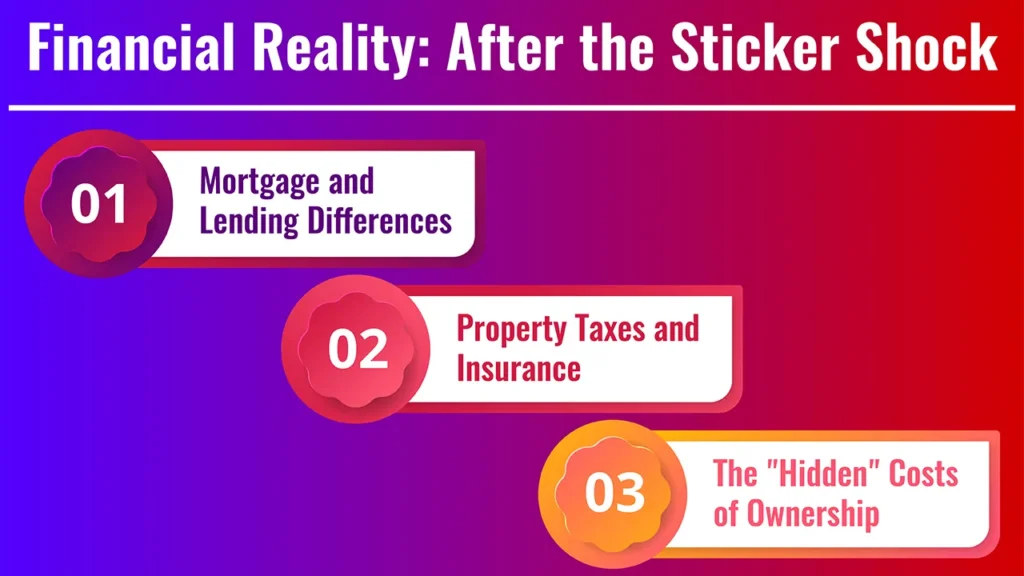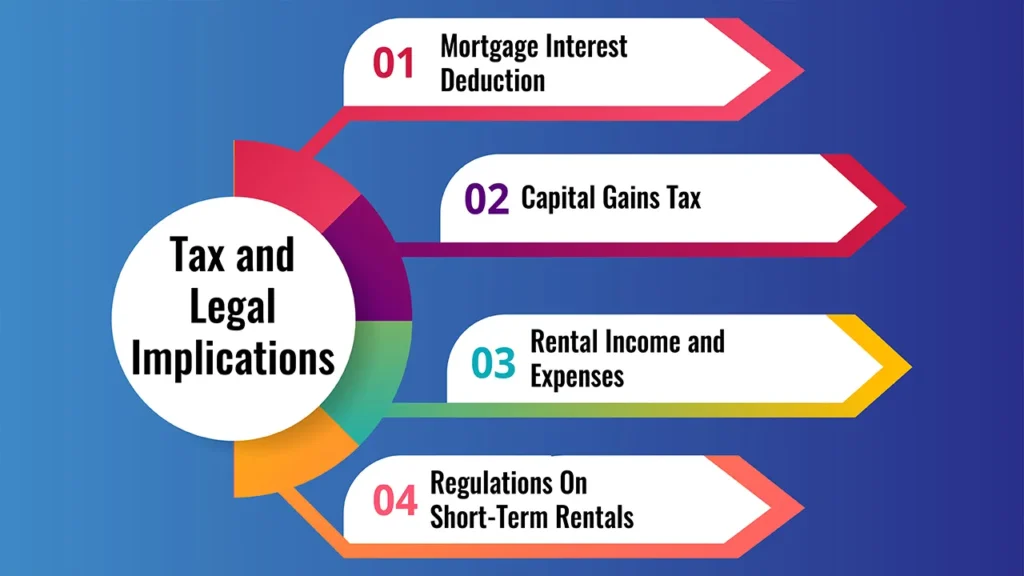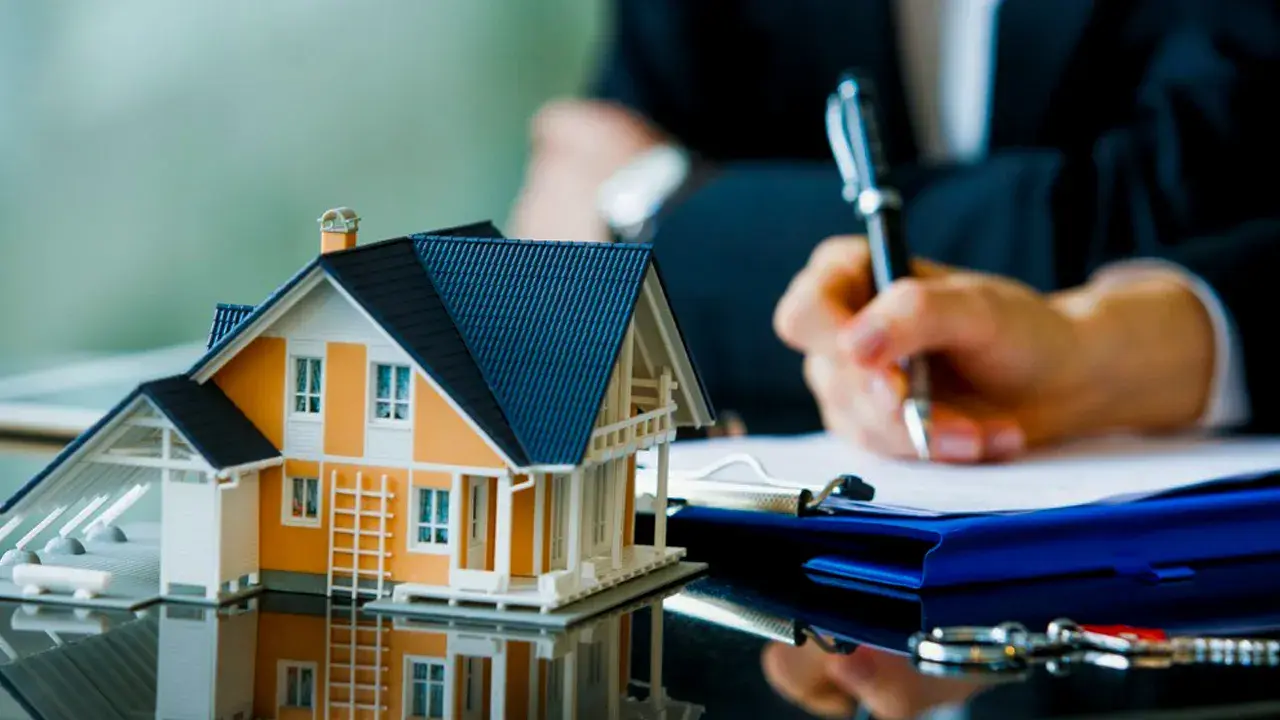The second-home dream is a potent one. A summer home is a promise of refuge, a space for making memories with family, or a savvy investment for long-term wealth building. Whether it’s a charming lake-front cabin, a chic city flat, or a beautiful beach house, making the decision to buy a second home is one that should not be made based on emotional reasons alone.
It’s an incredibly intricate financial and lifestyle decision that seems to motivate folks to acquaint themselves of the potential pitfalls and opportunities that Farmland investing has to offer. This detailed guide will take you through every important factor and from initial career analysis to ongoing maintenance of your new property, and well help you make a successful and educated purchase.
1. Financial Reality: After the Sticker Shock

The biggest challenge when purchasing a second home is understanding its real financial planning. The cost isn’t just the sticker price; it’s a web of ongoing costs that often catch unprepared buyers off guard.
Mortgage and Lending Differences
Unlike a primary home, lenders see a second home as riskier. Accordingly, the loans don’t occur the same way. You’re almost certainly going to need a much higher down payment — normally a minimum of 20 percent, and often far more than that.
Interest rates are also typically a bit higher, because banks are under the impression you may be more likely to default on a second home if you run into financial trouble. You will have to show income, assets and good credit to prove you can carry two mortgage payments.
Property Taxes and Insurance
Each of your properties will be taxed separately. Property taxes can differ drastically based on location, so it’s important to look into the tax rates in your desired area. Homeowners insurance on a second home also can be more costly, particularly if it’s located in an area where real estate is pricey or if the location has a greater probability of experiencing natural catastrophes such as floods, hurricanes or wildfires.
If you intend to rent it out, you will also need to buy a landlord or commercial policy, which will run more expensive still.
The “Hidden” Costs of Ownership
Loans make a mortgage payment reliable while other expenses don’t. These can include utilities (even if the home is vacant), regular maintenance, landscaping/snow removal and emergency repairs.
If the property is within a condominium or managed community, you’ll also be on the hook for Homeowners Association (HOA) fees. Those costs can vary from several hundred dollars to more than $1,000 a month and tend to climb over years, so you’ll want to factor them into your budget.
2. Defining The Goal: Personal Retreat Vs Financial Investment
What motivates you to buy a second home will determine everything from where it’s located to what type of home it is.
The Personal Getaway
If it’s an addition to your house as a private family retreat, aim for what you want, not for what you might be able to earn in rent. You can rank being close to your home, having certain features you like, or a neighborhood you enjoy.
The trick here is to choose a home that genuinely enhances the quality of your life and allows a serious break from your routine.
The Rental Property
If you are looking to create income and an asset in the long term, it’s strictly a numbers game. You’ll have to research the rental market in the area, evaluate comparable market rent rates and determine your return on investment (ROI).
The property should offer amenities that will attract a variety of potential renters, and it should be in a destination that is also popular for tourists or business.
3. Choosing A Strategic Location: Near And Far.
The time-honored real estate adage, “Location, location, location,” is even more true when purchasing a second home. It dictates everything from your commute to the property’s investment potential.
Proximity and Convenience
A beach home close enough to drive to is much more manageable to own and enjoy on a whim! Accommodations that require a plane trip are a different kind of commitment, generally requiring more planning and, often, a reliance on property managers. Think how frequently you will actually use the home, and if the cost of travel is worth the hassle.
Local Amenities and Market Trends
Research the local community. Is it near a hospital, grocery store, and other important services? Is the job market growing, and do rentals remain in demand? Check for telltale signs of a robust, expanding market – see if new construction is underway, if infrastructure is improving, if property bull markets are gaining steam.
4. Navigating the Purchase Process
The second-home buying process resembles that of the primary home, but has its own special circumstances.
Finding the Right Realtor
“You want to work with a realtor who specializes in second homes in the area you want to buy in,” said David Balk, an agent with Golden Gate Sotheby’s International Realty in Mill Valley, Calif. They will be versed in the local real estate market, rental occupancy, vacation home requirements, and specifics of the area.
Securing Financing
Start this process early. Get pre-approved for a loan, so you have an idea of what you can actually afford. Be honest with your lender about whether you intend to use the residence as a second home or investment property—matters that will influence your interest rate and terms on the loan.
The Closing Process
The second home closing process while more intricate with additional document is not strenuous. Understand that you will have a longer time frame, and you will be scrutinized more closely by the lender.
5. Property Management and Maintenance
Second homes come with the same need for maintenance and oversight whether you use them personally or rent them out.
The Hands-On Approach
If the home is local, you can take care of maintenance yourself — from handyman repairs to yard work. This is a money saver but very time consuming. If that’s an investment property, you’ll also have to handle all those little details of rental bookings.
Professional Property Management
Whether a home is too far from your primary home or a buyer simply wants to take a hands-off approach to homeownership, a property management company can give you a great return on your investment.
They can take care of everything from sourcing renters and dealing with bookings to regular maintenance and emergency repairs. Those fees — usually a percentage of the rental income — are well worth the peace of mind, they say.
6. Tax and Legal Implications

Knowing the tax issues surrounding second homes is essential. For personalized advice, bring the matter to a tax professional, but here are some major things to focus on.
- Mortgage Interest Deduction: It’s possible to deduct the interest on your second home’s mortgage, same as your primary home.
- Capital Gains Tax: When you sell your second home for a profit, you may owe a capital gains tax. How much you pay depends on how long you’ve owned the home and your income level.
- Rental Income and Expenses: If you rent out your second home, you need to report the income on your taxes. You can also deduct a whole range of expenses, including property taxes, mortgage interest, insurance and maintenance.
- Regulations On Short-Term Rentals: A lot of local governments have quite strong laws around short-term rentals, via zoning, permit or taxes. Violating it can result in substantial fines and legal trouble.
7. Risks and Challenges
A second home is an enticing investment, but it’s not without its risks.
- Market Slumps: There is a possibility that if the real estate market takes a decline your property value will decrease, leaving it a bad investment for the short run.
- Surprise Repairs: A leaky roof, a busted HVAC unit or a plumbing emergency can be expensive and challenging to coordinate from afar.
- Renter Problems: If you rent the property, you’re likely to incur tenant trouble, property damage, and/or significant vacancy.
Conclusion: An Informed, Rewarding Decision
Purchasing a second home could be the best financial move you ever make. It’s an opportunity to build wealth, memories, and invest in the future. But it’s a trip that takes thoughtful planning and sharp analysis of your finances and long-term goals.
By doing all of the thinking through which is presented to you in this guide, you can excitedly realize your dream of a second home as a well-maintained and rewarding reality.
Frequently Asked Questions
1. What kind of income do I need to buy a second home?
Lenders will consider your total debt-to-income (DTI) ratio, including your primary and second home mortgages. Your DTI should ideally be 43% or less, but some lenders accept 36%.
2. Can I Airbnb my second home?
Yes, but you’ll want to investigate local regulations first. Some cities have stringent regulations around short-term rentals, and others ban them outright. Breaking these laws can result in hefty fines.
3. Is a second home a good investment?
A second home can appreciate and earn rental income, but it is also vulnerable to market swings and may carry considerable maintenance expenses. It is typically viewed as an investment for the long term.
4. What is the distinction between a second home and investment property?
The difference is all in how you apply it. Second home – A second home is a place you and your family own for personal use during a part of the year. Investment property encompasses any real estate that is purchased with the purpose of earning a return in the form of rental income, the appreciation of the property, or both.
5. Can I use the HELOC on my primary house as a down payment for a second home?
Yes, a Home Equity Line of Credit (HELOC), is a popular way to finance the down payment on a second home. This enables you to using the value of your principal place of residence to buy investment property.

Leave a Reply